Graham Reid | | 1 min read
Jay Farrar: California Zephyr
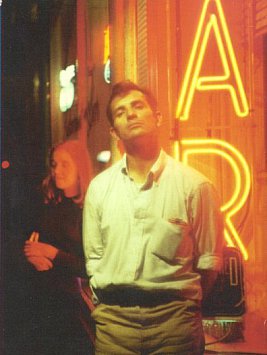
That Jack Kerouac's artistic life led to personal tragedy as much as literary triumph is evident to anyone who has read his searingly personal, dark then redemptive book Big Sur, a barely disguised "novel" of his brief time at Lawrence Ferlinghetti's remote cabin in Bixby Canyon near Big Sur.
By this time (1961) Kerouac had been lionized as the star of the Beat Generation for his book On the Road (an overnight success which also changed his life overnight) and he was steadily sinking into alcoholism, being hounded by hangers-on and wannabe acolytes, and desperate to get away from New York.
He crossed the country and began a period of what he hoped might be drying out, regaining his focus and anonymity and so forth. Not a lot of that happened: he binged; confronted his drinking; lost himself in a nervous breakdown, saw an image of The Cross and found hope -- and much more, not the least were encounters again with Neal and Carolyn Cassady (both of whom he loved) and Neals' lover whom he took up with very briefly.
Always riddled by Catholic guilt (he wasn't mean to be free, wasn't suppose to enjoy life, wanted to ride the rail but also be home with his beloved mother whom he would also abuse) and spiralling into hallucinations fueled by heroic and endless intakes of alcohol, Kerouac also presented his humaness in the naked prose of Big Sur.
It makes harrrowing reading in places (he can be nasty and negative as much as optimistic and generous) and is the focus of this gripping doco which includes him reading passages from it (he recorded a lot in his lifetime) and has comments from those who knew him (Carolyn Cassady and her children, Ferlinghetti, poet Michael McClure and others) as well as those influenced by him or his work (Patti Smith, Tom Waits, Lenny Kaye).
Beautifully filmed on the magestic West Coast at Big Sur and at the remote cabin, and weaving in period footage and stills from New York and San Francisco, this is a compelling insight into the writer, his times and the extraordinary book he wrote. It doesn't flinch from presenting his shortcomings as a man (Jack didn't) but places the writing on a plane where few others have reached or even strived for.
The DVD comes with a CD of the incidental music and songs by Jay Farrar (Uncle Tupelo, Son Volt) and Benjamin Gibbard (Death Cab for Cutie).
While some would say that jazz might have been more appropriate given Kerouac's bop-like writing style, this quietly reflective music suits the mood of Big Sur and the narrative rather better.
A wonderful, insightful and quite moving doco.


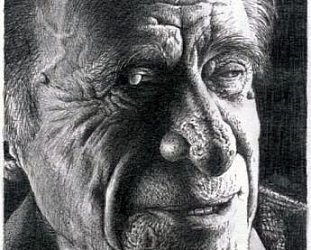
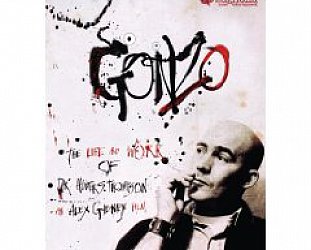
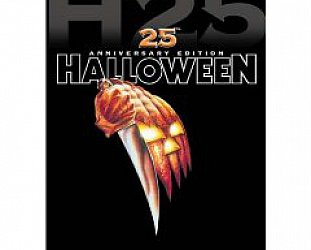

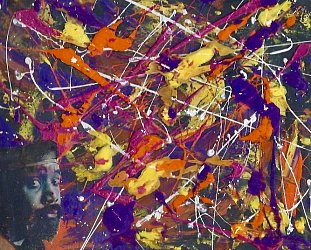
post a comment